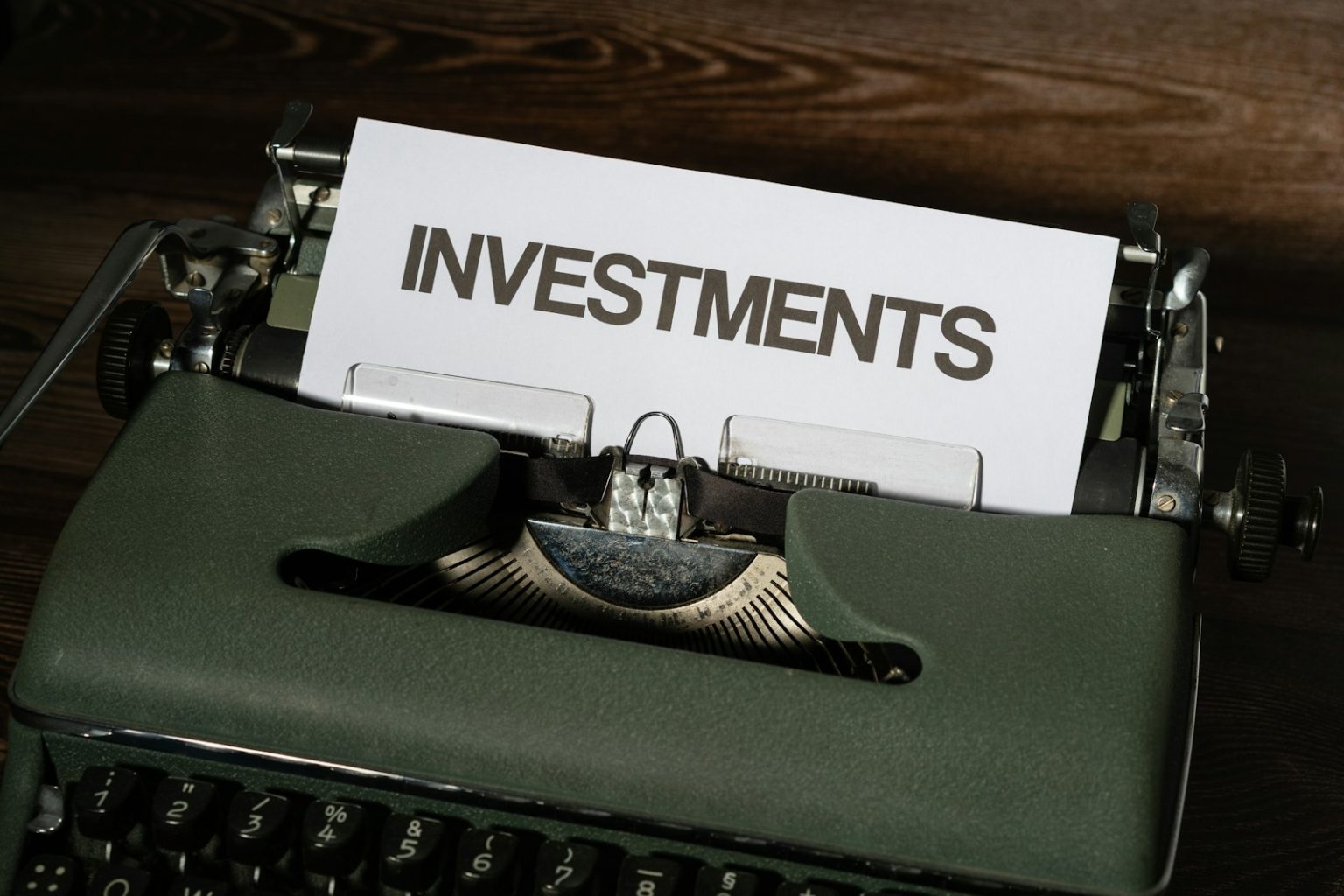The private equity industry has set its sights on your 401(k) retirement plan. The Trump administration hinted at allowing these investments through an executive order, raising questions about their suitability for average retirement savers. Private equity involves companies and investments controlled by private firms, often acquired using significant debt, known as leveraged buyouts.
The goal is to purchase a company, revamp its finances, and sell it within a few years for a profit. The industry boomed after the 2008 financial crisis due to low interest rates that made mergers and acquisitions easier. However, recent years have been less favorable for private equity.
Higher interest rates and overvalued holdings have made it harder for firms to sell assets at desired prices. Traditional institutional investors have also reduced their investments. As a result, private equity firms are looking to individual retirement savers as potential new investors.
The Trump administration supported private equity by including a provision in a budget bill that increased tax breaks for leveraged buyouts. Near the end of Trump’s first term, regulations on 401(k) investments were also relaxed, matching claims by industry lobbyists that private equity met the “prudent” investment standard. The Biden administration later rolled back much of this guidance, and employers have been wary of offering private equity options in their retirement plans due to potential legal risks.
Supporters of private equity argue it can provide more diversity and higher returns for retirement portfolios, given the lack of promising startups going public. However, critics point out the industry’s lack of transparency and high fees, which can diminish potential gains.
Private equity targets 401(k) savers
Studies have consistently shown that the S&P 500 outperforms private equity over various time periods. The private equity model also has significant drawbacks for the companies it acquires. The acquired companies bear the debt burden, often leading to cost-cutting, layoffs, and sometimes bankruptcy.
Companies owned by private equity have higher bankruptcy rates, impacting both employees and consumers. Several major corporate bankruptcies in early 2025 were tied to private equity ownership. Healthcare companies controlled by private equity are another concern.
These firms tend to charge higher prices while their patients experience worse outcomes. The efficiencies promised by the industry often result in severe cost-cutting measures, which can be detrimental to service quality. Under Trump’s influence, the financial services industry is pushing to include private equity in 401(k) plans.
This includes introducing target date funds that mix traditional stocks and bonds with private equity investments. Financial services giants like State Street and Empower are at the forefront of this movement. In conclusion, while private equity offers potential high returns, its risks and historical performance make it a questionable choice for retirement savings.
The allure of higher returns is often overshadowed by high fees, overvalued assets, and the negative impacts on acquired companies. Ultimately, retirement savers might be better off steering clear of this “exclusive” investment club.







